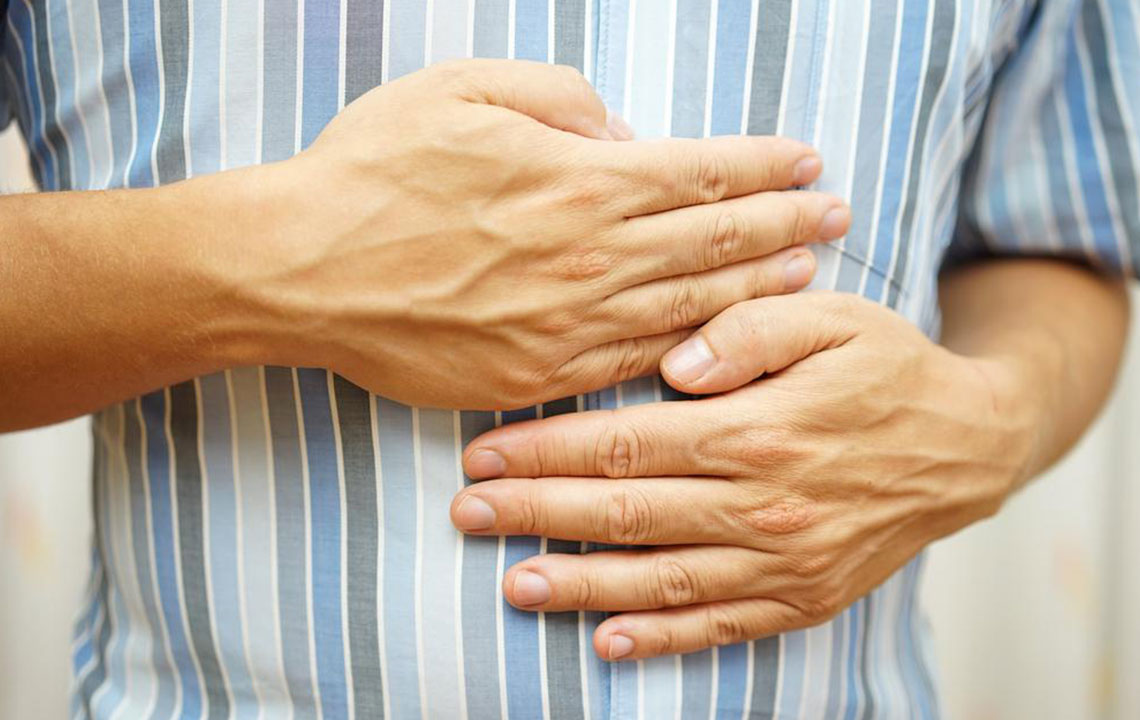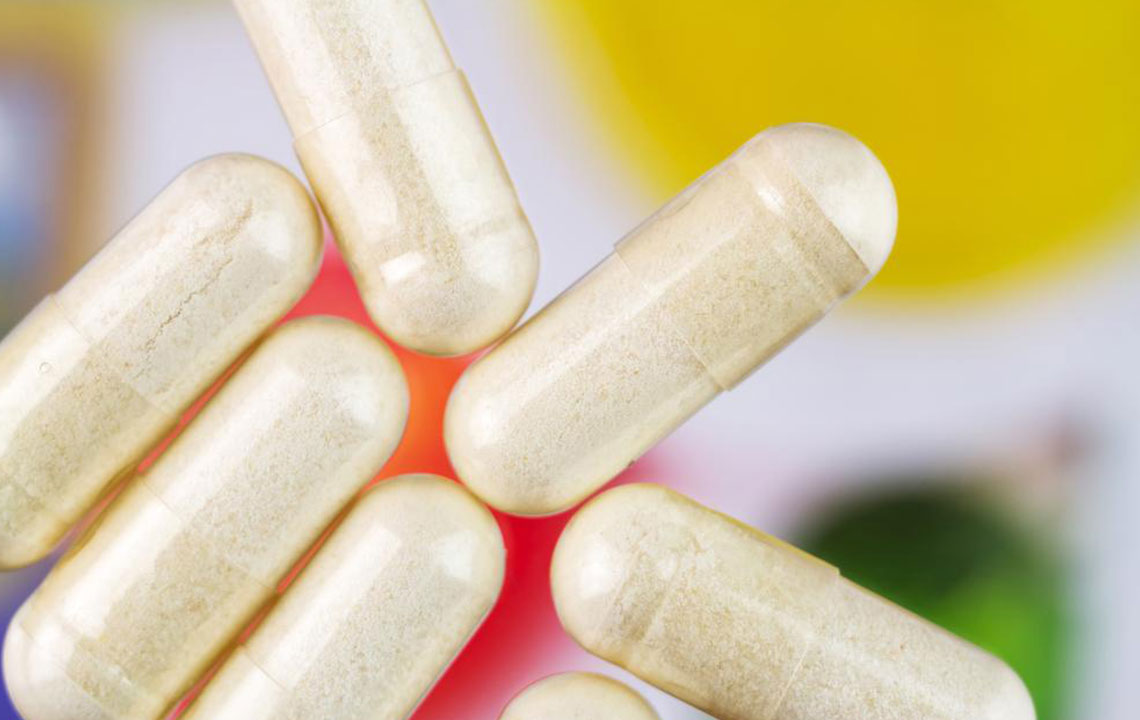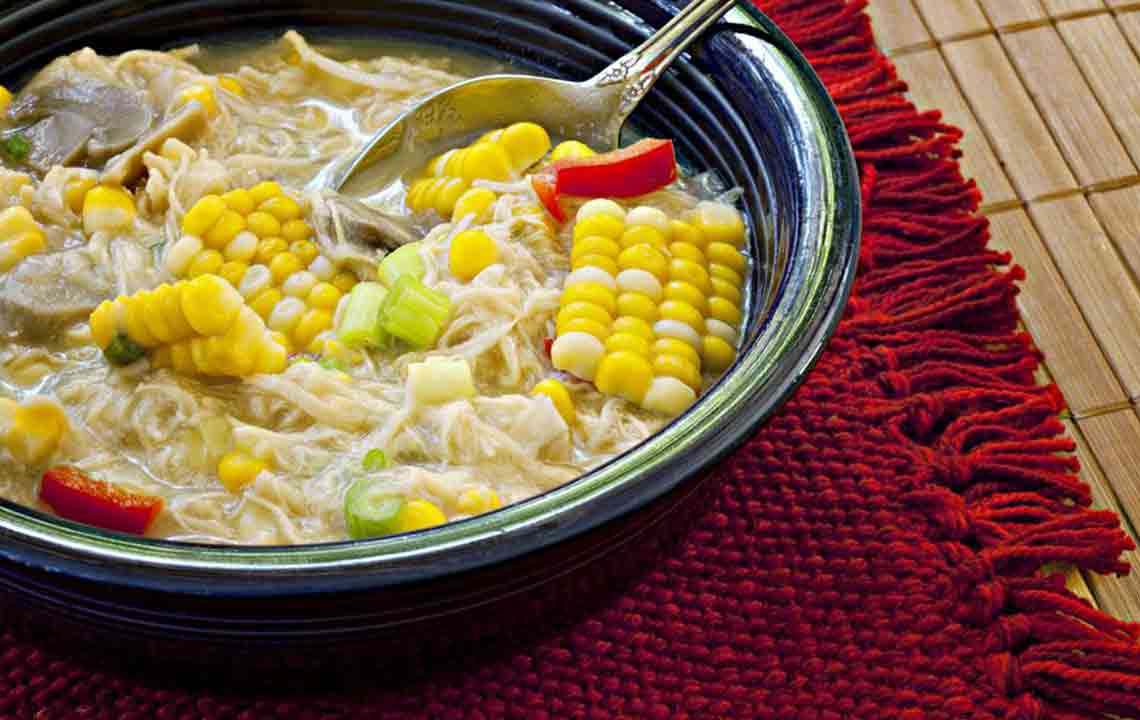Key Nutritional Guidelines for Convalescence from Diarrhea
Proper diet is essential for recovering from diarrhea. Incorporate gentle foods like bananas, rice, lean proteins, and broth to restore electrolyte balance, soothe the stomach, and promote healing. Avoid spicy, greasy, or high-fiber foods initially, and focus on hydrating and easily digestible options. Nutritional support can accelerate recovery and prevent complications. Always seek professional advice if symptoms persist. This guide highlights key foods to aid in diarrhea recovery, emphasizing the importance of balanced, nutrient-rich meals to restore gut health and overall well-being effectively.

Essential Foods to Support Recovery During Diarrhea
Experiencing diarrhea can significantly impact the body's health by depleting essential nutrients and leading to dehydration. This condition is quite common and can happen to anyone, regardless of age or health status. Proper nutrition plays a vital role in recovery, helping to replenish lost nutrients, restore gut function, and prevent complications. While certain foods might initially be restricted to avoid aggravating symptoms, there is a wide range of gentle, nourishing options suitable for during and after diarrhea episodes. In this comprehensive guide, we explore the most effective foods to incorporate into your diet to facilitate a smooth and complete recovery.
Bananas
One of the most recommended fruits for diarrhea recovery, bananas are gentle on the digestive system. They are easy to digest and provide a rich source of potassium, an essential electrolyte that is often depleted during episodes of diarrhea. The presence of soluble fiber called pectin in bananas helps absorb excess liquid in the intestines, which contributes to making stool firmer and reducing urgency. Regularly including bananas in your diet can help restore electrolyte balance and promote a steady recovery of digestive health.
Plain White Rice
White rice serves as a staple carbohydrate that is both easily digestible and beneficial during diarrhea. Its binding properties help to slow down loose stool and provide relief from gastrointestinal discomfort. Cooking plain white rice or rice prepared in a mild broth is advisable. To avoid irritation, it’s best to steer clear of greasy, spicy, or dairy-heavy sauces that can further inflame the gut area.
Simple Carbohydrate Foods
Foods such as plain pancakes, pasta, and white bread are suitable options during diarrhea because they are low in fiber and easy to process by the digestive system. Unlike whole wheat products, these simple carbohydrates do not overwhelm the intestines. When consuming these foods, it’s important to limit added sugars and fats—avoid margarine, butter, jam, honey, or syrups. Opt for minimal oil or butter in meals, and avoid rich, creamy, or spicy sauces to prevent further irritation and promote faster recovery.
Mashed Potatoes
Peeled potatoes are soothing, nutritious, and a excellent source of potassium. Prepare them by steaming or boiling, and flavor with a small amount of salt. It’s important to avoid adding excess butter, sour cream, or gravy, as these high-fat toppings may heighten inflammation and discomfort. Plain mashed potatoes can help maintain electrolyte balance while soothing the gastrointestinal tract during recovery.
Lean Proteins
Protein is vital for tissue repair and overall recovery. During diarrhea, lean proteins such as steamed or baked chicken, turkey, fish, or lean pork are highly recommended. These sources of protein are easier to digest and less likely to cause irritation. Prepare meat simply—avoid frying or using heavy seasonings. Instead, baste with broth or cook with minimal oil and herbs, ensuring soft, tender textures that support gentle digestion.
Yogurt
Incorporating probiotic-rich plain yogurt into your diet can be beneficial for restoring healthy gut bacteria after diarrhea. Look for varieties containing live active cultures like Lactobacillus acidophilus. It’s best to avoid flavored yogurts loaded with added sugars or artificial sweeteners, as these can exacerbate symptoms. For those with lactose intolerance, lactose-free options are preferable, aiding better digestion and gut health.
Broth and Soups
Clear broths such as chicken, beef, or vegetable broth are excellent choices for hydration and electrolyte replacement. They are gentle on the stomach and quickly absorbed, helping to soothe the gastrointestinal tract. Consuming warm broth or light soups can also provide comfort, replenish vital nutrients, and promote a sense of nourishment and well-being during recovery.
Oatmeal and Similar Cereals
Gentle breakfast cereals like oatmeal, cream of wheat, Farina, and corn flakes are rich in soluble fiber, which helps absorb excess water and add bulk to stool. They are easy to tolerate and can be enhanced with a ripe banana or a small teaspoon of honey for flavor. During diarrhea recovery, it’s crucial to avoid adding dairy or excessive sugar, which could irritate the gut. These cereals support gradual reintroduction of fiber into your diet without overwhelming your digestive system.
Digestible Vegetables
When prepared properly, cooked and peeled vegetables such as zucchini, carrots, beets, and squash are nutritious and gentle on your stomach. Steaming or boiling these vegetables softens them, making them easier to digest. They provide essential vitamins and minerals that support overall health. On the other hand, it’s advisable to avoid gas-producing and hard-to-digest vegetables like broccoli, cauliflower, peas, peppers, and leafy greens, as these can cause bloating and further discomfort during this sensitive period.
Electrolyte Replenishment
To compensate for the loss of essential minerals such as sodium, potassium, and magnesium during diarrhea, salted snacks like pretzels and electrolyte drinks are highly beneficial. These help maintain the electrolyte balance in your body, preventing dehydration and supporting cellular functions. Incorporating these replenishment strategies into your diet ensures ongoing hydration and promotes faster recovery.





